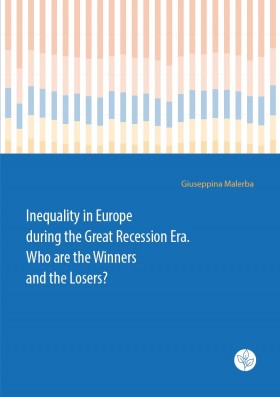Why a further analysis on inequality in Europe during the “Great Recession Era” could be worthwhile? Inequality in Europe is a different phenomenon from that of the US and the consequences of the Great Recession on income inequality are different from that of the previous crises across Europe. We need to move from the traditional analysis of the inequality to the study of the tails of the distribution of income and wealth since the process of income polarization, the rise of the distributional share of the better-off households and the increase in the disparities between the rich and the poor, the less well-off and the wealthy, the family members, the generations and the social classes require a different approach. The identification of the winners and the losers is the most relevant social and political issue after a prolonged period of economic, financial and collective crisis if the national Governments and the common EU institutions aspire to introduce effective answers to the increase of disparities in the European society.
Giuseppina Malerba is Full Professor of Economic Policy in the Department of Economic Policy at the Catholic University of the Sacred Hearth in Milan (Italy). Her more recent researches are on the economics of poverty and inequality and in particular on the role of the redistributive policies in modeling the specific dynamics of the social, economic and political disparities in Europe.
Disponibile a breve:
- presso la tua libreria di fiducia
- online su IBS, Youcanprint, Libreriauniversitaria, Amazon
